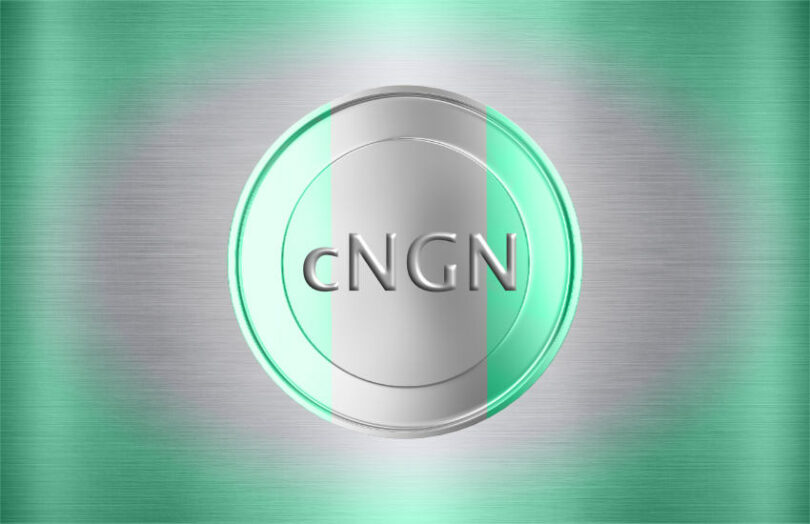Last week the Africa Stablecoin Consortium (ASC) confirmed plans to launch the cNGN Naira stablecoin on February 27. While it stated the stablecoin was part of a sandbox, it was widely interpreted as a public launch. This week the ASC, a consortium of banks, fintechs and blockchain firms, clarified that the February date is only for the commencement of the sandbox activity. The cNGN will not be available to the public.
“We sincerely apologize to the regulators and our partners for any misunderstanding,” said the ASC. “We will not proceed with the public launch of cNGN until we have obtained all the necessary approvals and guidance.”
Details regarding the consortium partners were not formally shared but were widely reported in the Nigerian press. The consortium comprises four banks featuring Nigeria’s largest, Access Bank. The other banks are Sterling Bank, Providus and First Bank. They have yet to confirm their participation formally.
Bolu Abiodun, a reporter at Techpoint Africa, believes the stablecoin has more potential than Nigeria’s central bank digital currency (CBDC), the eNaira. The CBDC has yet to be widely adopted. Abiodun noted that the stablecoin will be more broadly interoperable than the CBDC, which is only available in the central bank’s wallet. At launch, the central bank’s wallet usability was weak, although it is now quite good.
The biggest use case for the stablecoin appears to be for cross border payments, with Nigeria’s inbound remittances estimated at $20.5 billion in 2023.
Digital currency and trust
Which digital currency will people trust more – the bank-backed one or the CBDC? Barring privacy concerns, in most jurisdictions consumers would regard the central bank as more trustworthy. A stablecoin might de-peg, but the CBDC IS the currency it does not have other backing.
However, trust in the Central Bank of Nigeria was dented following a 2022/2023 push to replace old banknotes to limit cash hoarding, black market activity and counterfeiting. With cash payments making up 90% of Nigeria’s informal economy, the banknote replacement led to a cash crunch. Failures in electronic banking compounded the shortage.






